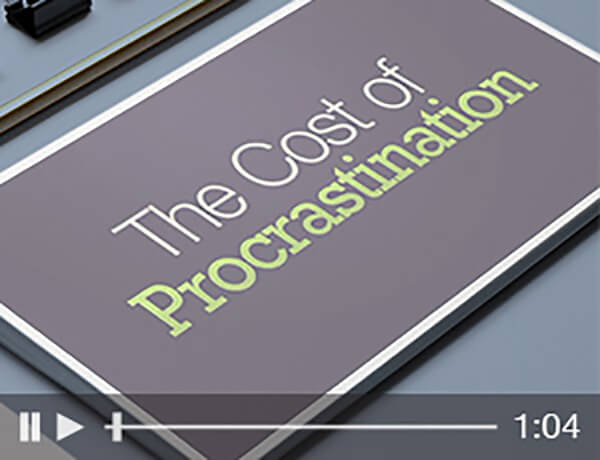Toddlers to Teens: The Lesson of Money
Money is a central part of everyday life as an adult. We spend time most days earning it, we need it for survival, and we want it for fun and entertainment. Oddly, it’s often a topic that isn’t talked about or shared with children. Schools don’t teach much about how to manage money and parents often keep money matters private. However, it’s worth considering the benefits of teaching children about money from a young age so they are well prepared to manage it responsibly and effectively as adults.
Here are several ideas for teaching kids about money, whether they’re toddlers or teenagers.
Start young: teaching toddlers about money
When you have young children, you can begin to introduce them to the ideas of money through play. Pretend one of you has a store and the other is going shopping. Be sure to include the parts of those experiences that involve money. You can also begin to introduce them to actual money. Show them all the types of coins and have them organize them by like-kind or by size.
Next steps: talking money with a preschooler
As your child gets a little older, they will be more curious about money and how it works. Be open with them. Discuss it when you pay bills, go to the grocery store, and balance your budget. Plus, continue to teach money concepts through play.
Giving a financial foundation to young kids
Between the ages of six and eight, children can begin to take on household responsibilities and earn an allowance. This will bring the concept of earning money into their world. Teach them about long and short-term goals and the importance of saving. Creating jars for different long and short-term goals like saving up for a new bike and having money for the ice-cream man will help make these concepts tangible for them.
Creating interest in finances in older kids
Children between the ages of nine and 12 can understand and grasp complex concepts. You can talk to them in more detail about setting a budget. Walk them through your family’s starting balance and how each expense deducts from the available amount and show them where the money goes. Taking for granted things like Wi-Fi and streaming TV are a great way to start a conversation about how paying for intangibles is important part of budgeting. You can also instill a sense of generosity by showing that a portion of your income goes to a charity that you support.
Discussing finances with young teens
Once you officially have a teenager, you’re getting into the final lap. In today’s world, it’s helpful to start thinking about what they want to do after high school and the costs and impacts of those options. Younger generations tend to prioritize experiences over things and helping them understand the full bottom line of a Senior Prom or a class trip to Spain are a great teaching opportunity.1 Also, as their lives expand and require more funding, include them in the budgeting process and encourage them to look for ways to earn money (mowing lawns, babysitting, etc.). Additionally, this is also a good age to talk about credit — how credit works, how important it is, and how to build a good score.
Ready for send-off: money and older teens
The last stretch has arrived. Many major credit card issuers allow you to add a minor as an authorized user on your credit card. This can let them practice managing a credit card and can help to establish a positive credit line on their report. Additionally, keep talks about money open and work with them on managing their own budget. Help them understand the tradeoff between what they spend on today and how that affects what they can purchase in the future by playing the Cash Stash Dash.
Begin the conversation about money with your kids
Money doesn’t have to be a taboo topic within the household. No matter what age your kids are, it’s the right time to start money talks. It will help prepare them for the real world. Then when they do go out on their own, they will know exactly what to do. Your kids will have a stronger foundation to help them resist common financial missteps like racking up huge credit card bills or damaging their credit score. If you’d like more tips or advice, feel free to contact one of our financial professionals today. They can help you with more ideas for a child of a particular age.
Brought to you by The Guardian Network © 2020. The Guardian Life Insurance Company of America®, New York, NY
2020-98052 Exp 4/2022
SOURCES:
1 Guardian Millennials and Money Study 2018



